I hope you enjoy reading this blog post.
If you want to get more traffic, Contact Us

Click Here - Free 30-Minute Strategy Session
Be quick! FREE spots are almost gone for this Month. Free Quote
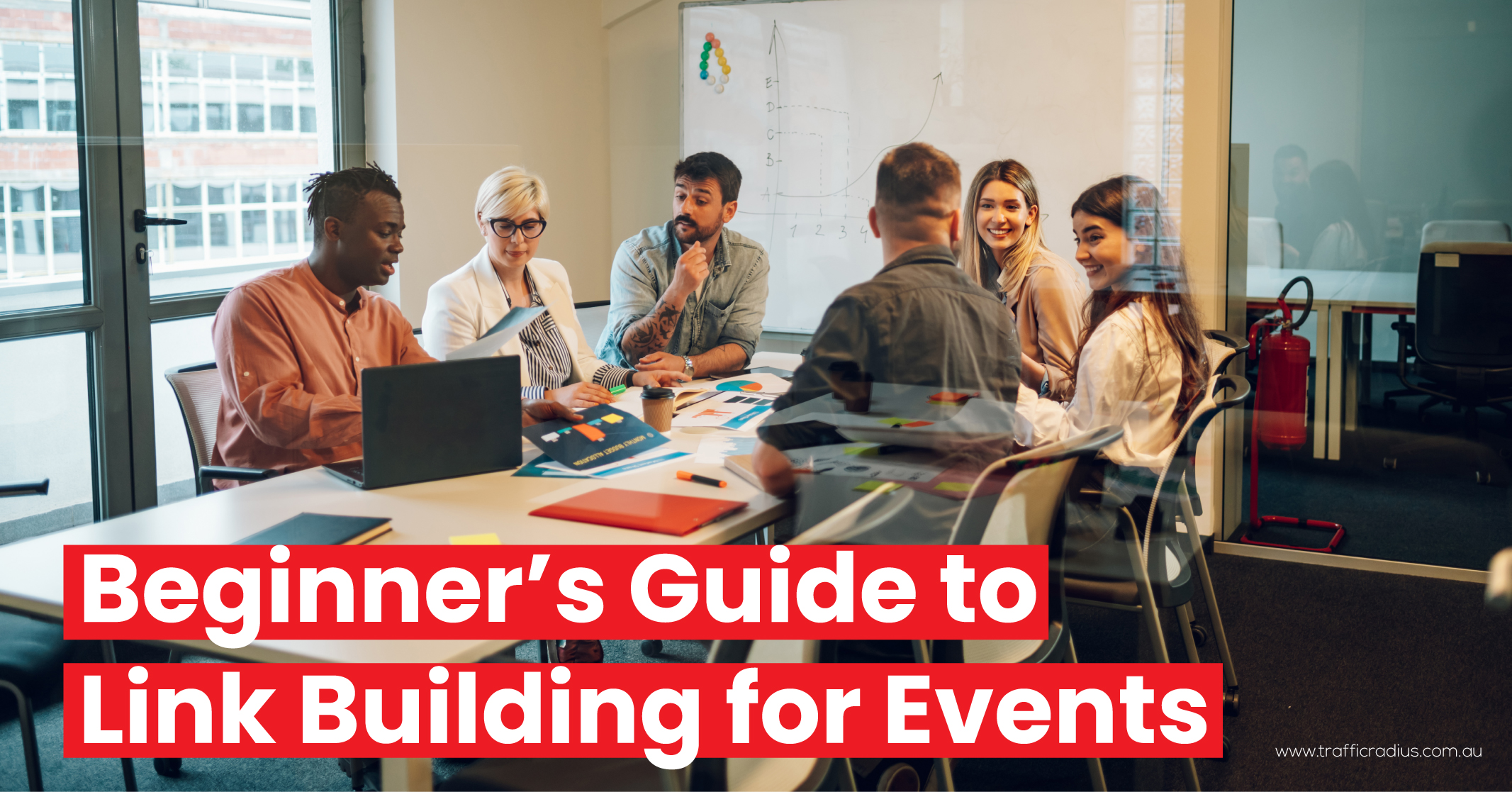
When it comes to obtaining top-notch backlinks, SEO professionals are constantly seeking fresh and creative methods to secure powerful links that their competitors will struggle to replicate. Event link building presents a distinctive opportunity to achieve precisely that.
Constructing event links may appear straightforward, yet beginners may encounter challenges due to the need for both SEO knowledge and event planning expertise in certain cases. In this article, we will delve into the realm of event link building and outline six straightforward steps to help you get started successfully.

Click Here – Free 30-Minute Strategy Session
Be quick! FREE spots are almost gone for this Month
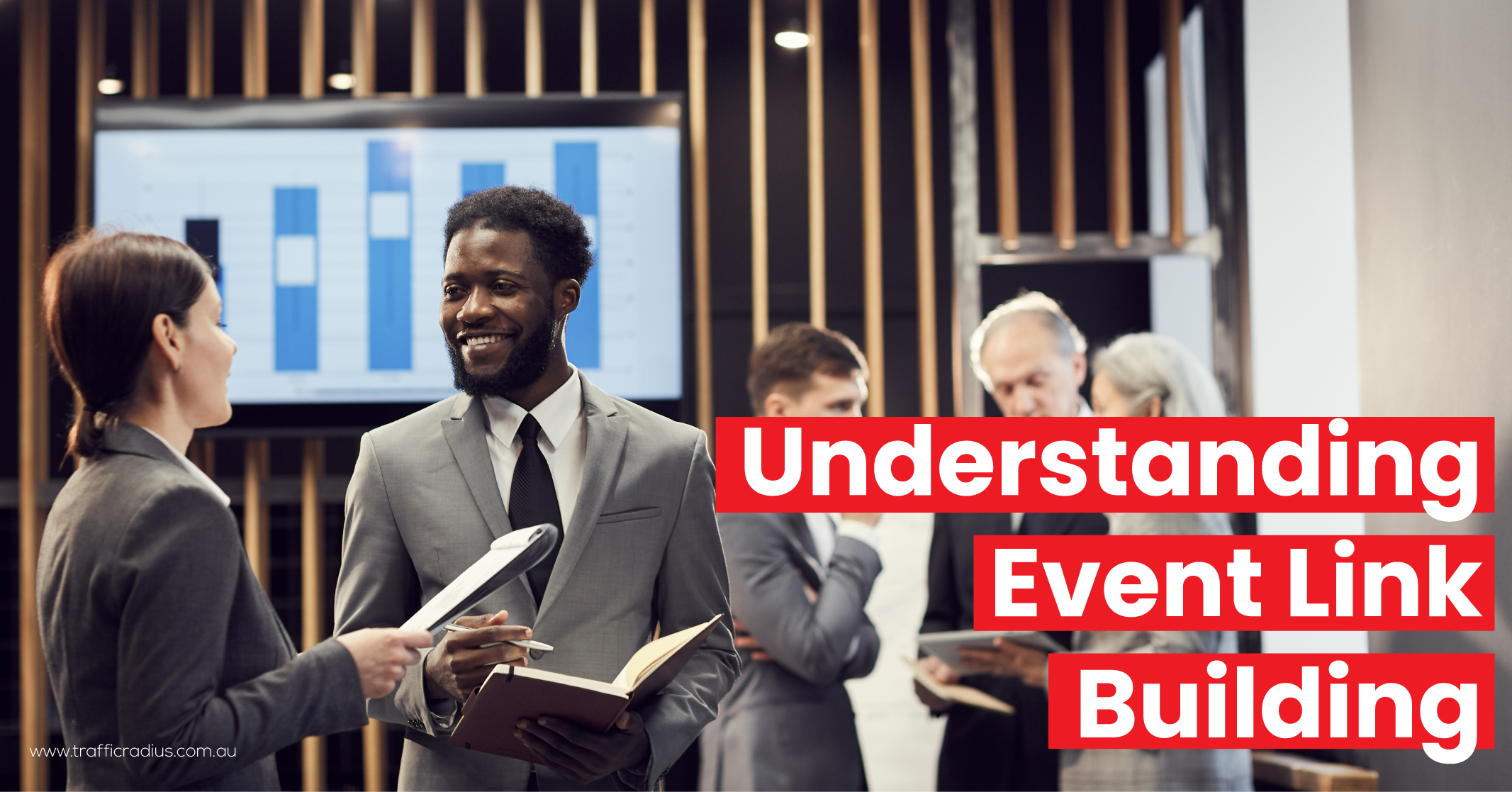
Event link building revolves around the process of acquiring backlinks to your website through participation in local, national, or global events. This approach offers two primary methods: hosting events and sponsoring them.
As an event host, you can secure valuable links from various third-party platforms such as Eventbrite, blogs, and press releases. These platforms cater to both in-person and online global events like conferences and seminars. By actively sponsoring events, you can also gain a backlink to your website directly from the event’s official site.
The beauty of event links lies in their credibility as they are approved by search engines like Google. Additionally, these links possess high relevance, both topically and geographically, particularly if you are the host of the event.
Developing event links is a potent approach for enhancing search engine rankings, broadening the range of backlinks, and fostering brand recognition.
Event link building enables the creation of exceptionally high-quality links not only from prominent figures in your industry but also through editorial links from local and national media outlets.
This technique enhances your website’s perceived authority, both among competitors and search engines like Google. Moreover, event links offer more diversity compared to conventional methods such as guest blogging.
By organising or sponsoring events relevant to specific locations, you can also bolster your local link building SEO efforts. Securing links from local businesses, venues, and media sources can significantly enhance your rankings for localised search queries.
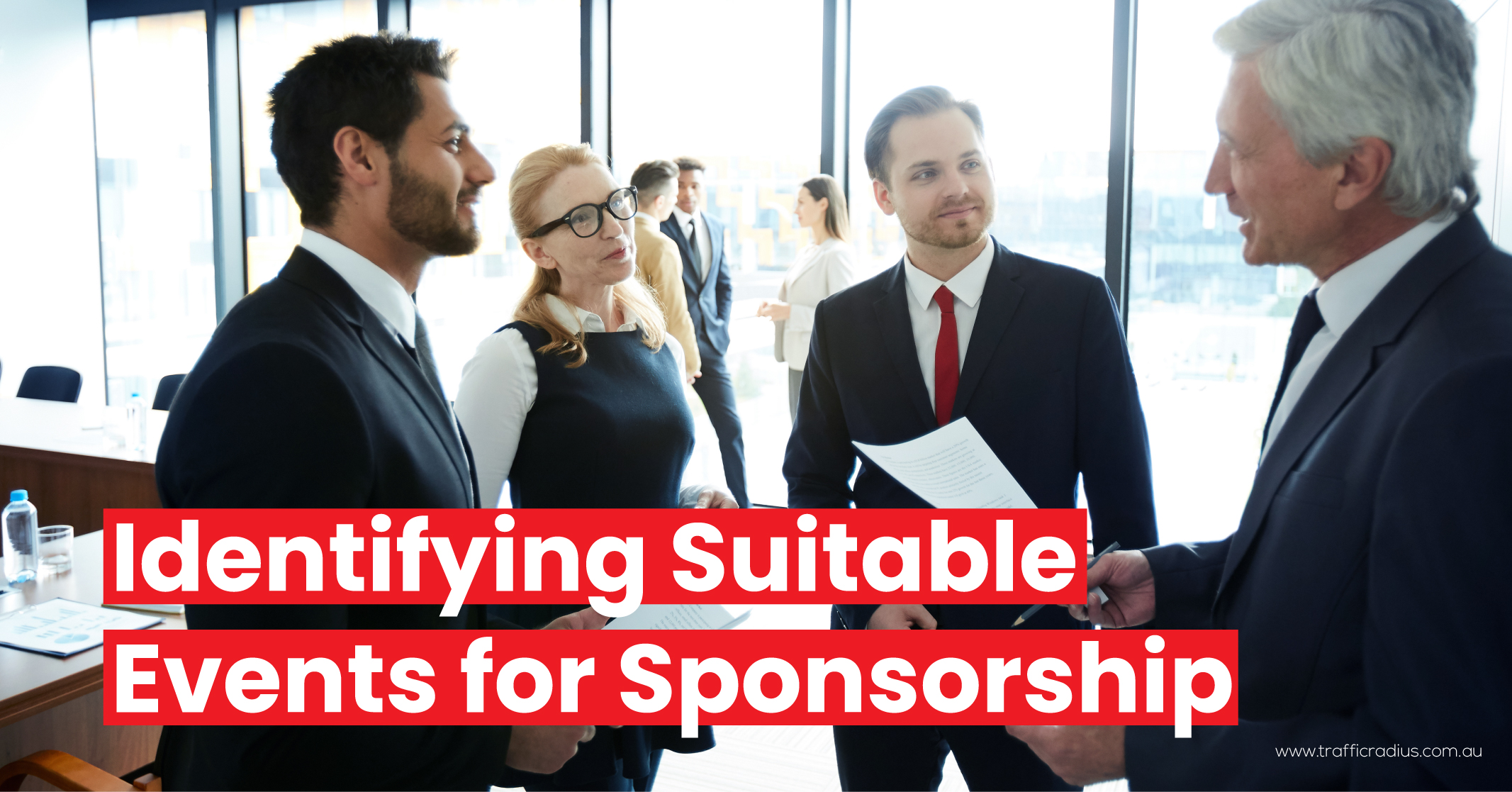
Event sponsorship is a highly effective strategy for building event links, which in turn contributes to link building SEO. While hosting an event requires significant preparation, planning, time, and financial investment, event sponsorships offer a simpler yet equally powerful alternative.
To leverage event link building sponsorships for link building SEO, it’s crucial to identify relevant events within your industry. Industry-specific events like concerts, associations or clubs, event meetups, conferences, seminars, workshops, training seminars, sporting events, and academic lectures can all serve as suitable opportunities.
To begin, you should seek out these events and evaluate their potential value before investing your resources. One way to find great events to sponsor is by focusing on industry-specific gatherings you are already familiar with. For instance, notable examples in our industry include brightonSEO and SaaStr.
Most events feature dedicated sponsor pages where you can register to sponsor upcoming events. A practical illustration of this can be seen on the Engage conference’s sponsorship page (previously known as SearchFest).
By strategically engaging in event sponsorships, you can effectively implement event link building strategies and optimise your link building SEO strategy.
While event sponsorships offer convenience, hosting events presents an excellent opportunity to establish your presence within the industry. It not only enhances brand awareness and generates valuable links but also allows you to communicate your values and mission to your audience effectively. For instance, hosting local charity events can showcase your company’s philanthropic nature and commitment to the community.
Hosting events is not limited to large brands with substantial funding. Even small businesses and independent entrepreneurs can organise local gatherings to garner remarkable links from local companies and media outlets.
To maximise the acquisition of high-quality links for your events, consider the following tips to boost promotion efforts:
We have developed a dedicated events page on our website specifically for upcoming events that we are hosting. This page serves as a central hub where visitors can find comprehensive information about each event, including relevant details and how to obtain tickets. Our primary goal is to not only attract initial clicks from the search engine results page (SERP) but also encourage visitors to register for the events.
On our events page, you will find the following key details for each event:
By incorporating these elements into our events page, we aim to create an engaging and informative experience for visitors, encouraging them to register for our upcoming events and experience the value we offer.
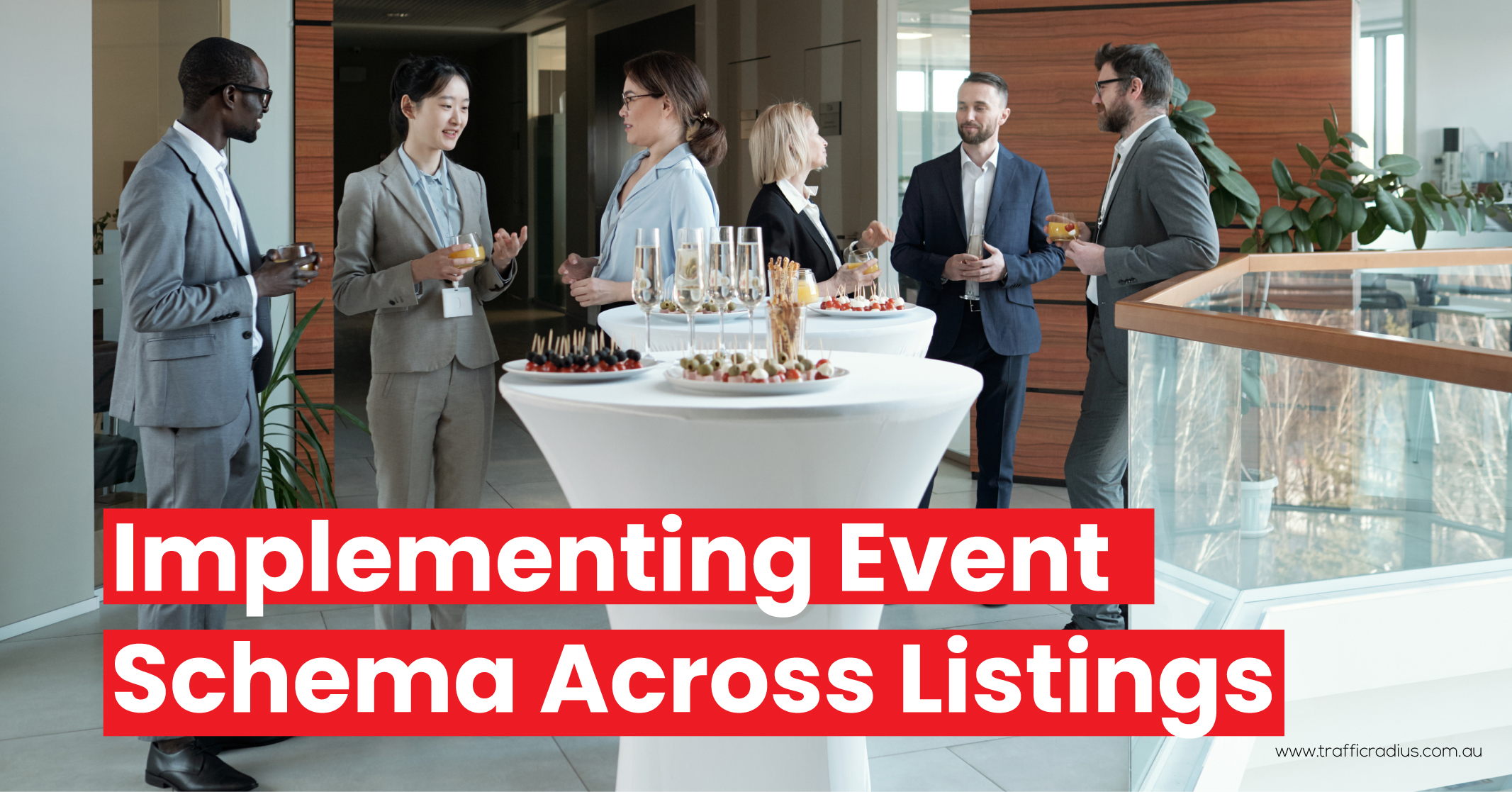
When users search for events near their location on Google, the search engine displays relevant results. Some of these results include rich snippets in the SERPs, which provide important information such as the event’s location, date, and time. By incorporating specific code into your event page, you can structure your webpage content and include detailed information about your event using Google’s event-structured data markup.
Implementing event schema not only makes your events eligible for display in Google’s event experience, but it also increases the chances of your event being discovered by users. Google has reported that Eventbrite witnessed a 100% increase in year-over-year growth of traffic from Google Search after implementing event-structured data.
To drive registration, your events page should feature a clear event schedule that can be showcased in Google’s event experience. This enhances the visibility and attractiveness of your event to potential attendees.
Implementing structured data can be done through various methods. If you utilise WordPress as your content management system (CMS), the Event Schema WordPress plugin is a quick and convenient solution for adding event schema to your website.
For non-WordPress users, Google’s Data Highlighter can be employed to mark up your web pages with structured data.
By leveraging event schema and structured data, you can optimise your events page for enhanced visibility, increased registration, and improved discoverability through Google’s event experience.
Learn More: Schema Markup – What is it & Why is it Important for SEO?
Many event organisers tend to focus on listing their events exclusively on well-known platforms like Eventbrite. However, it’s important to note that Eventbrite is not the only event website available. There are numerous other platforms such as brownpapertickets.com, petaluma360.com, punchbowl.com, and more that host event listings.
It’s worth mentioning that most of these third-party event websites already incorporate schema markup into their event listings. This means that you don’t need to be concerned about implementing schema specifically for these sites.
By diversifying your event listings across multiple platforms, you can expand your reach and increase the chances of attracting a broader audience. These alternative event websites provide additional opportunities to showcase your events to interested individuals and boost attendance.
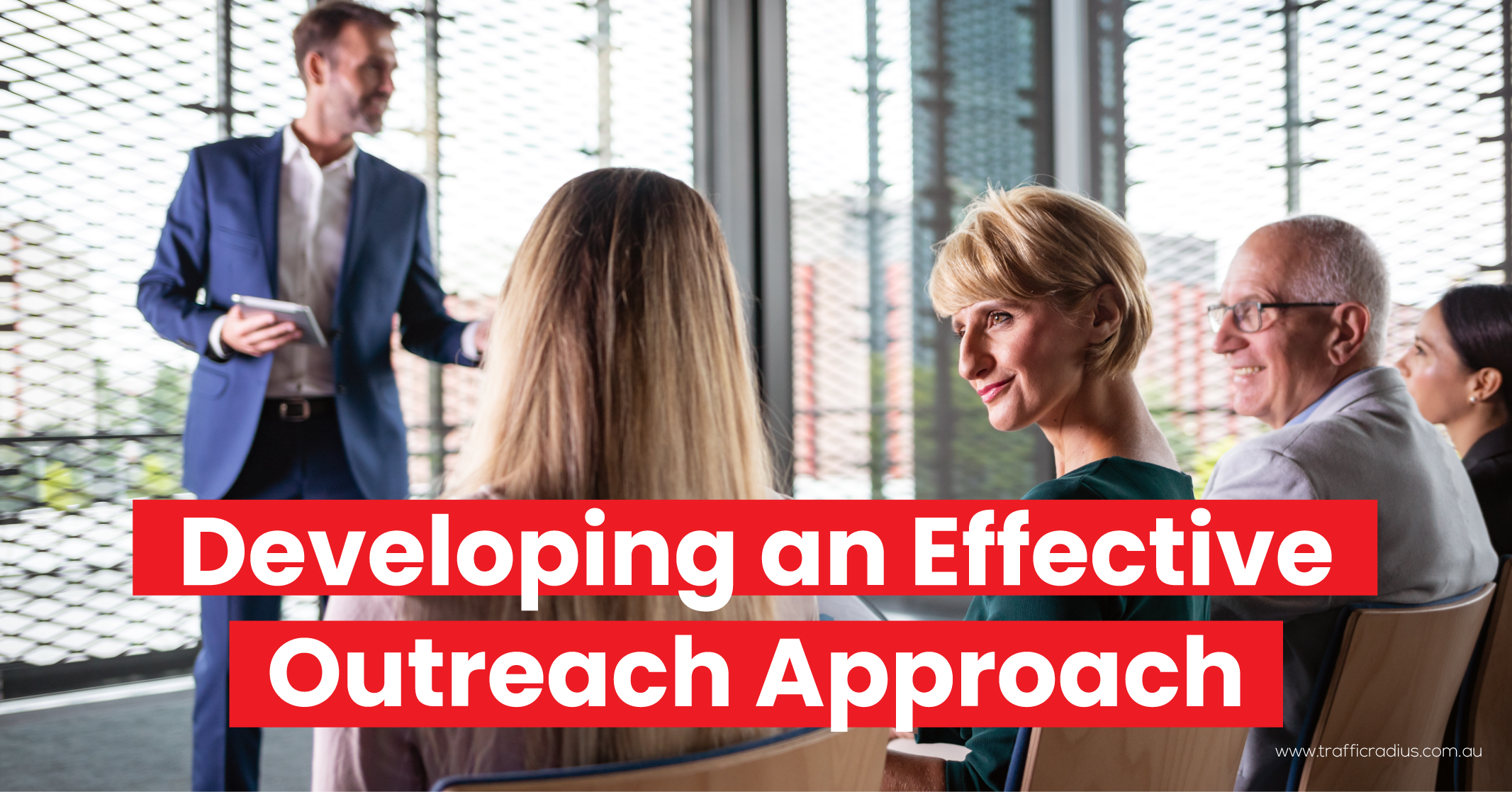
To ensure the effective promotion of your listed events, it is crucial to develop a comprehensive outreach strategy. This involves identifying relevant bloggers, websites, and social media influencers who might have an interest in your event link building ideas.
For instance, if you are looking to target individuals who write about internal link building SEO events and external link building SEO events, you can employ a search query like “SEO” AND (“conferences” OR “events”). By utilising the “In title” path, you can filter the search results to display the most relevant pages.
By conducting targeted searches and identifying the right influencers and platforms, you can create a list of potential partners for outreach. This allows you to engage with them and showcase the value of your event, potentially leading to collaborations, content promotion, and increased visibility for your event link building tips.
To enhance event promotion, there are several effective strategies you can employ, including digital PR techniques and leveraging social media platforms.
Here are a few methods to consider:
These methods can effectively generate buzz and increase awareness of your events link building guide.
In addition to these approaches, a teaser campaign can be a powerful way to build anticipation and excitement. This involves creating a secondary event page on your website that serves as a teaser or preview of the upcoming event. By using a coming soon landing page and engaging social media graphics, you can create curiosity and intrigue. However, it’s important not to reveal too much information, instead focusing on highlighting the exciting aspects and experiences attendees can expect during the event.
By implementing these event promotion strategies, you can amplify brand awareness, drive more traffic to your event listings, and generate buzz that encourages potential attendees to participate.
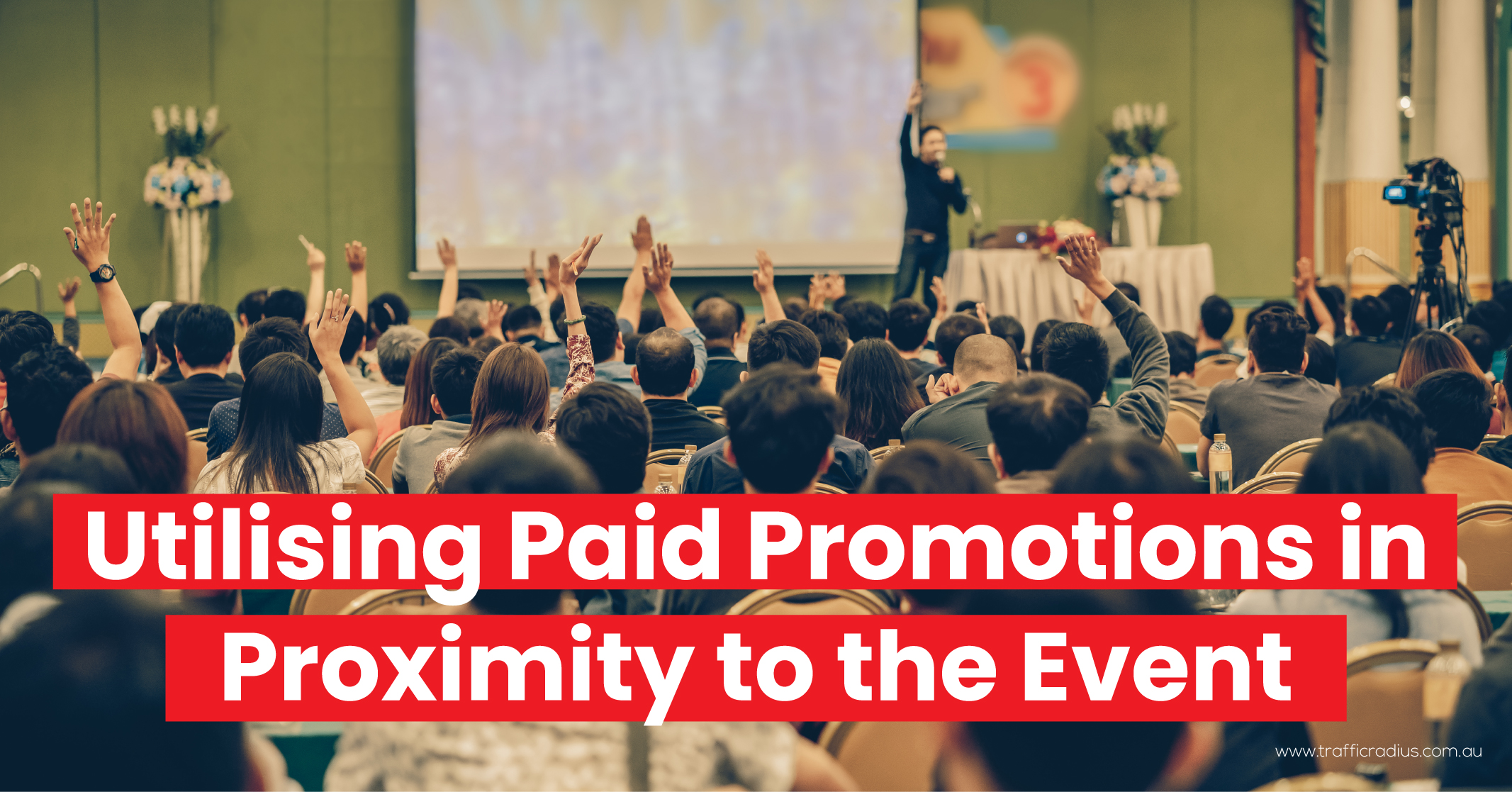
In the days preceding your event, leveraging social media platforms can be highly effective in generating buzz, as many users regularly check their newsfeeds. To further increase exposure for your event, you can consider utilising paid social media posts.
Research conducted by Buffer indicates that leading up to an event, there are nearly as many social media posts as during the event itself. In fact, approximately 40% of the total posts occur in the pre-event phase, while 42% are shared during the event. This highlights the significance of capturing and sharing the excitement around your event both before and during its occurrence.
By strategically building anticipation for your event in the days leading up to it, you can not only generate buzz but also drive last-minute ticket sales. Many attendees are eager to share their excitement on social media platforms, using hashtags and engaging with event-related content. Capitalising on this enthusiasm can help create a viral effect and attract additional attendees.
By incorporating paid social media posts into your event promotion strategy, you can expand your reach, target specific audiences, and increase the visibility of your event. This, in turn, can lead to greater engagement, ticket sales, and overall success for your event.
Hosting and sponsoring events, whether on a local, national, or global scale, presents a relatively straightforward method to acquire high-quality backlinks. One significant advantage of hosting an event is the ability to establish unique and hard-to-replicate links, setting you apart from competitors.
To ensure successful connections, it is crucial to carefully plan and execute your events. By strategically selecting events to host and sponsor, you can not only build valuable backlinks but also effectively promote your brand, convey your company’s message and values, and establish yourself as an industry authority.
Through this approach, you can leverage link building SEO strategies to enhance your website’s visibility and reputation. Internal link building SEO focuses on optimising the links within your website, while external link building SEO emphasises acquiring backlinks from other reputable websites.
By incorporating event hosting and sponsorship into your link building SEO strategy, you can strengthen both internal and external links, ultimately improving your website’s search engine ranking and online presence.

LEAVE A REPLY